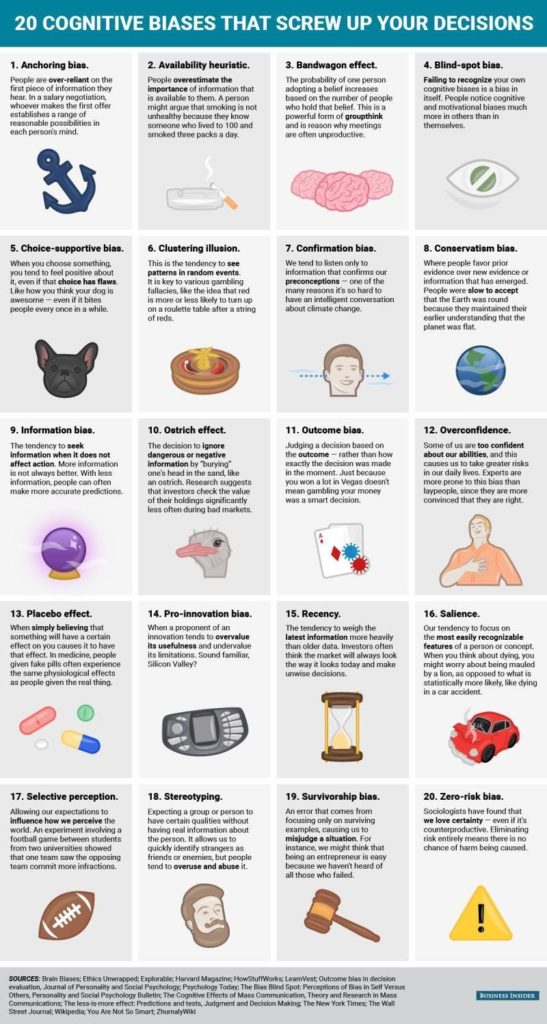It is important, now more than ever, to get comfortable being uncomfortable. For those who are engaging in difficult discussions with family, friends, loved ones, colleagues, etc. – we would like to provide you with resources on how to do exactly that. To bridge the gap of understanding, we need to be able to show up to each conversation in a productive, empathetic way.
Asking people to explain why they believe what they believe, and following up with an alternate perspective is one method of approach. This holds space for voicing differing opinions in an educational and thought-provoking way.
An extremely important element to keep in mind when approaching these conversations is each person’s implicit and cognitive bias.

“Implicit bias refers to the attitudes or stereotypes that affect our understanding, actions, and decisions in an unconscious manner.”
– The Ohio State University Kirwan Institute for the Study of Race and Ethnicity
To understand more about the impact of implicit bias on conversations, check out this extremely helpful Implicit Bias Review by OSU or Implicit Bias Explained by The Perception Institute.
Be sure to watch out for these logical fallacies as well:
- Red Herring Fallacy: Creating a diversion from the actual argument and presenting an unrelated issue.
- Straw Man Fallacy: When someone tends to oversimplify the argument by making sweeping generalizations and distorting the true meaning behind a position or statement.
- Anecdotal Evidence Fallacy: When you use personal examples to determine whether a point made is “real or not”.
- False Dilemma Fallacy: This is a fallacy in which the person argues that there are only two sides to every argument (i.e. “you are either with me or against me”).
- Ad Hominem Fallacy: this is when someone, instead of addressing the argument at hand, takes the debate as an opportunity to wield a personal attack against you. They are subsequently letting their own bias and personal feelings get in the way of having a fair conversation.
Remember to:
- Always listen and be respectful. If someone is genuinely trying to learn and be better, allow some grace as they are trying to come to terms with your perspective and potentially incorporate it into their thought process.
- However, do not tolerate rudeness, and make sure that your expectations for a civil discussion are incredibly clear upfront.
- Set your boundaries. Know your personal limits when a conversation becomes more argumentative, and when it’s time to take a step back to cool down.
- Navigate your own personal unconscious bias. Angella Okawa does a great job at breaking unconscious biases down here.
Keep having those uncomfortable conversations. They are incredibly challenging, but extremely worth it in the long run to create a more just and fair society.
